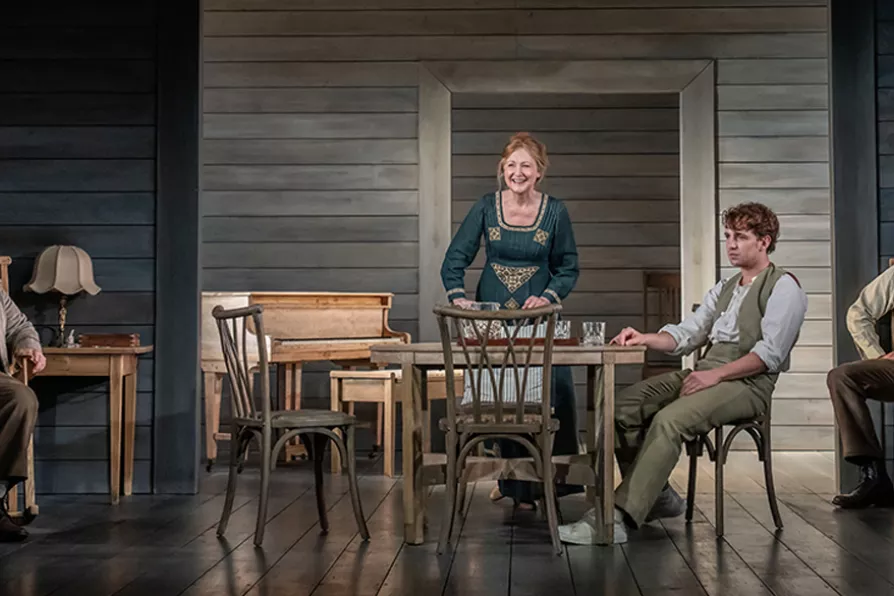ALAN McGUIRE welcomes the complete poems of Seamus Heaney for the unmistakeable memory of colonialism that they carry

 Brian Cox, Patricia Clarkson, Laurie Kynaston and Daryl McCormack in Eugene O'Neill's family drama A Long Day's Journey Into Night
[Johan Persson]
Brian Cox, Patricia Clarkson, Laurie Kynaston and Daryl McCormack in Eugene O'Neill's family drama A Long Day's Journey Into Night
[Johan Persson]
A Long Day’s Journey into Night
Wyndham’s Theatre, London
THAT Eugene O’Neill’s A Long Day’s Journey into Night is a towering masterpiece is no longer up for debate.
Gifted to the world by the author in the 1950s — but never seen on stage by him — it’s a deeply confessional, autobiographical work that immerses us in the painful and profoundly tragic impact, not only of one family unit on its members, but also of each family member on the unit. Though the setting could not be more specific, no-one could watch this play without recognising something of their own, and every family, in its slow, deep burn and inner turmoil.
Iconic productions of the play have abounded over the years. Now it’s director Jeremy Herrin’s turn to thrill whole new generations with a detailed and passionate exposition.

MARY CONWAY revels in the Irish American language and dense melancholy of O’Neill’s last and little-known play

MARY CONWAY is disappointed by a star-studded adaptation of Ibsen’s play that is devoid of believable humanity












